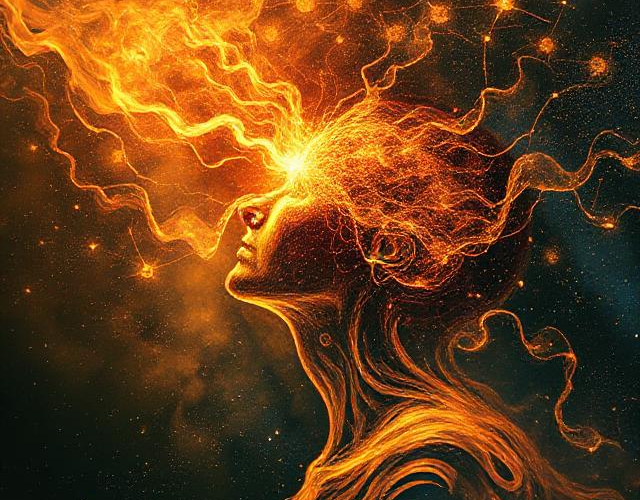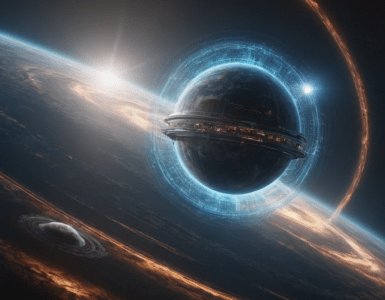Now, let’s not sugarcoat it. There are major questions to consider. What happens to your human body? Are we essentially leaving behind our flesh and blood like old clothes? And what about your loved ones? Imagine watching as your friends and family choose to remain in the physical world, while you’re off floating in cyberspace. Wouldn’t that feel lonely after a while?
And then there’s the ethical twist. Who controls your uploaded consciousness? Could someone manipulate your memories? It’s like giving someone the keys to your mind—terrifying, right?
But beyond all the nerves and excitement, the core of it boils down to what makes us human. Is our essence simply a collection of memories and experiences, or is there something deeper? The very thought of uploading our consciousness challenges everything we know about life and existence.
The Science Behind Digital Immortality
At its core, digital immortality refers to the idea of preserving a person’s consciousness in a digital form, allowing them to “live” on after their physical demise. Think of it like uploading your brain to the cloud—a virtual library where your thoughts, memories, and personality traits can be stored indefinitely. This isn’t just a pipe dream; researchers are actively exploring how to map our brains, capturing the intricate network of neurons and synapses that define who we are. It’s like turning your mind into a software program!

Ever heard of the concept of mind uploading? It’s kind of like taking a high-resolution photo of your brain, but instead of a mere image, it’s a detailed blueprint. The potential applications are staggering. Imagine chatting with a holographic version of a loved one who has passed away, or having your wisdom and experiences guide future generations. It’s the ultimate way to leave your mark on the universe, transcending the barriers of time and mortality.
But with such immense possibilities comes a host of ethical questions. Is it really you living on in that digital realm, or just a well-designed copy? This debate is as twisty as a roller coaster ride! As technology continues to race ahead, the science behind digital immortality reminds us that while we grapple with mortality, we’re also opening doors to endless explorations beyond it.
Ethical and Philosophical Implications
At its core, the ethical dimension challenges us to think about right and wrong. It’s not just black or white; it’s shades of gray, much like a beautiful oil painting where blending colors creates depth. For instance, consider the ethical implications of technology in our daily lives. Is it ethical to use AI for decision-making in areas like healthcare or hiring? While it can lead to efficiency, we must also ponder potential biases slinking in the algorithms—like a snake in the grass waiting to strike.
Now, let’s layer in the philosophical angle. Philosophy asks us to dig deeper, almost like peeling an onion. It forces us to confront existential questions—who are we, and what is our purpose? Ethical and philosophical discussions are like a dance; they intertwine and influence one another. Think about the moral dilemmas individuals face: Should we prioritize individual freedoms over societal good? It’s the classic “greater good” vs. “individual rights” debate, and honestly, it can drive anyone a bit bonkers!

























Kommentar hinzufügen